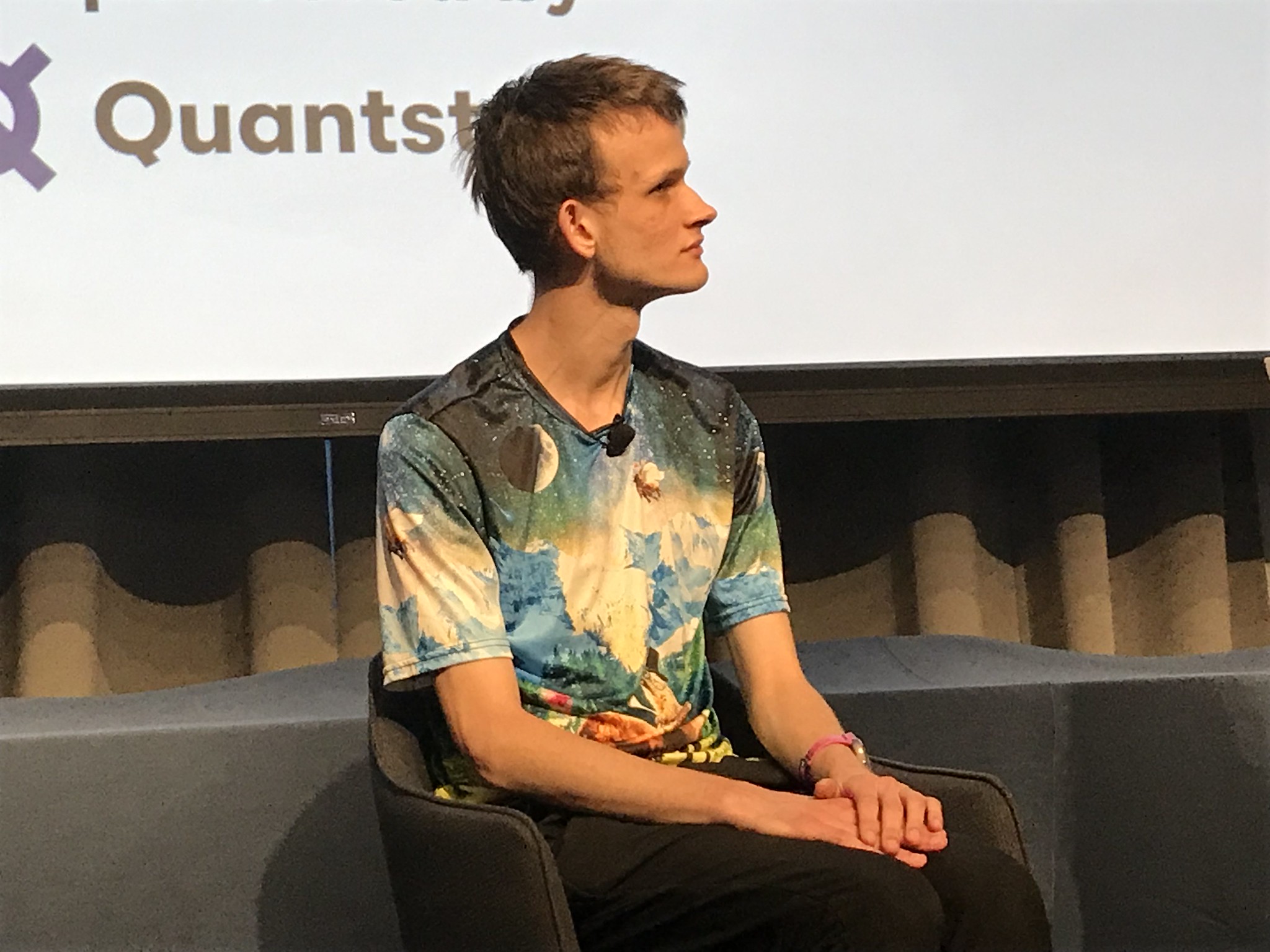on the crypto

The political aspect of new financial technologies
Buterin skillfully framed his software project in relation to the current economic and political crisis. And it wasn't the first time he thought about politics. In 2017, Buterin met with Russian President Vladimir Putin because Ethereum is - as a threat to traditional systems - inevitably political.
Former Ethereum Foundation employee Virgil Griffith, American mentor from Buterin, is even on trial for alleged violations of North Korean sanctions, which does not mean that these men will realize their vision, nor that they have the "right" vision for political reform.
But as political candidate Yang revealed in New York, it would be naive at this point to overlook the way in which cryptocurrency pioneers have switched from "magic" money trading on the Internet to influencing politicians around the world.
Thought leader
Buterin's compatriot, Glen Weyl, is the latest ideological godfather of the Ethereum community (after both Griffith and Ethereum co-founder Joe Lubin) .Weyl enchanted diplomats and bankers at the World Economic Forum 2020 and inspired a movement of activists promoted through the RadicalxChange Foundation.
He takes Ayn Rand's hyperindividual ideology and reshapes it to fit liberal morality. Equality can be achieved through the free market auction, he says in his economic manifesto "Radical Markets".
"More than ever, in the days of COVID-19, the problems we face are collective, not individual," said Weyl. The key, he continued, are the distribution mechanisms that come from predetermined historical hierarchies, that is structural prejudices.
The guests joined forces to discuss Ethereum quadratic funding and governance (here the quotation), which Herzog has compared to American legal reform opportunities.
In short, quadratic funding means that donors who donate money for a cause to a project can vote on how to spend the money by increasing or matching the funds. Donor involvement is seen as a way of encouraging online donations.
The intention of an eco-sustainable technology
Buterin said he was interested in ideas such as socialism, libertarianism and bitcoin, which initially inspired his work on Ethereum. He said that he is moving Ethereum away from proof-of-work (PoW) mining to reduce environmental damage from electricity consumption.
Either way, the creator of Ethereum uses both bitcoin and ether token for his activism. He has experienced quadratic funding for both academics and diplomats.The Buterin Ethereum Foundation donated $ 150.000 to UNICEF in 2019.
During the broadcast, Buterin said he was fascinated by the quintessence of politics: "how to finance public goods". So far, donating to UNICEF is one of the possible answers.
